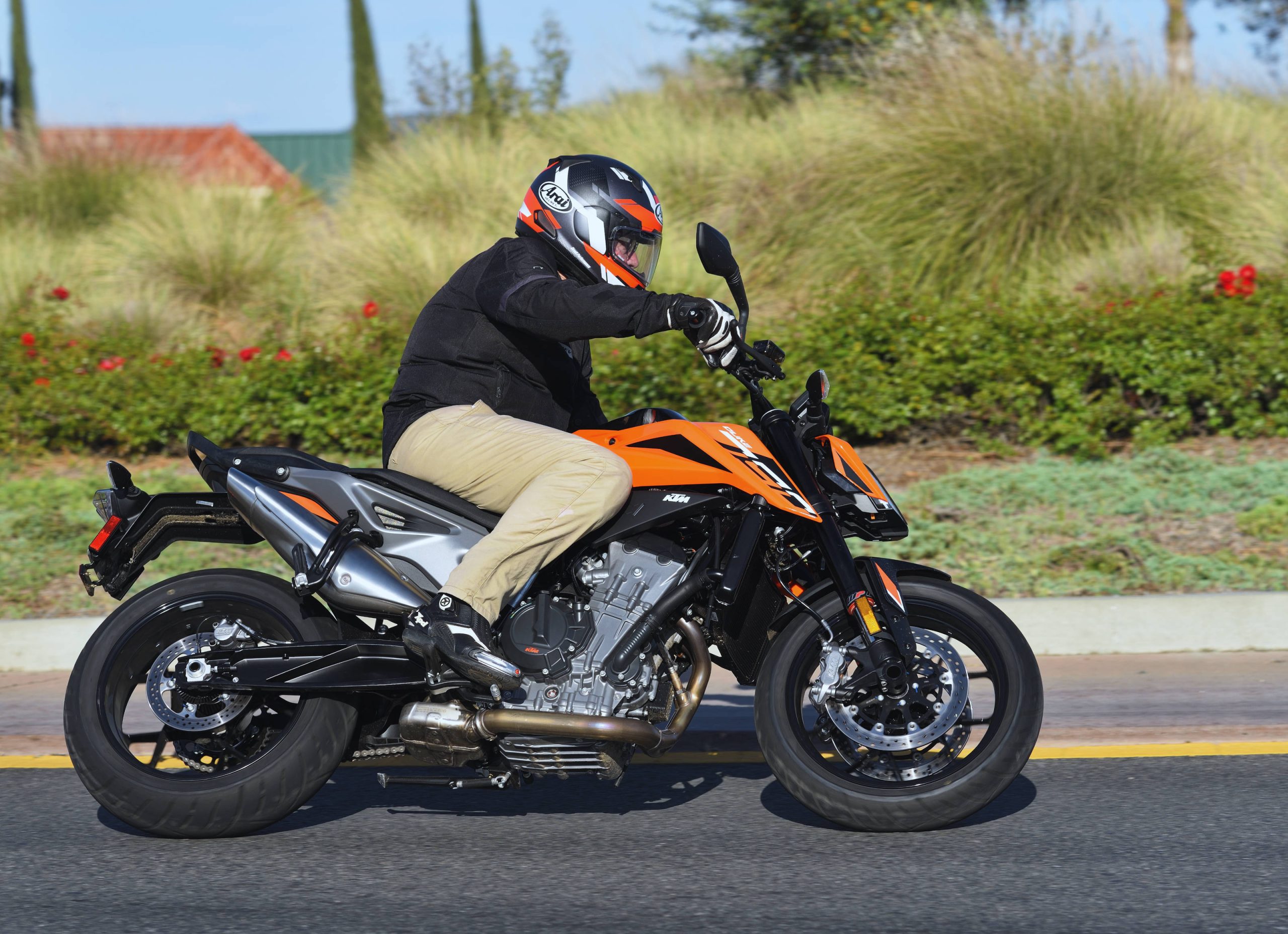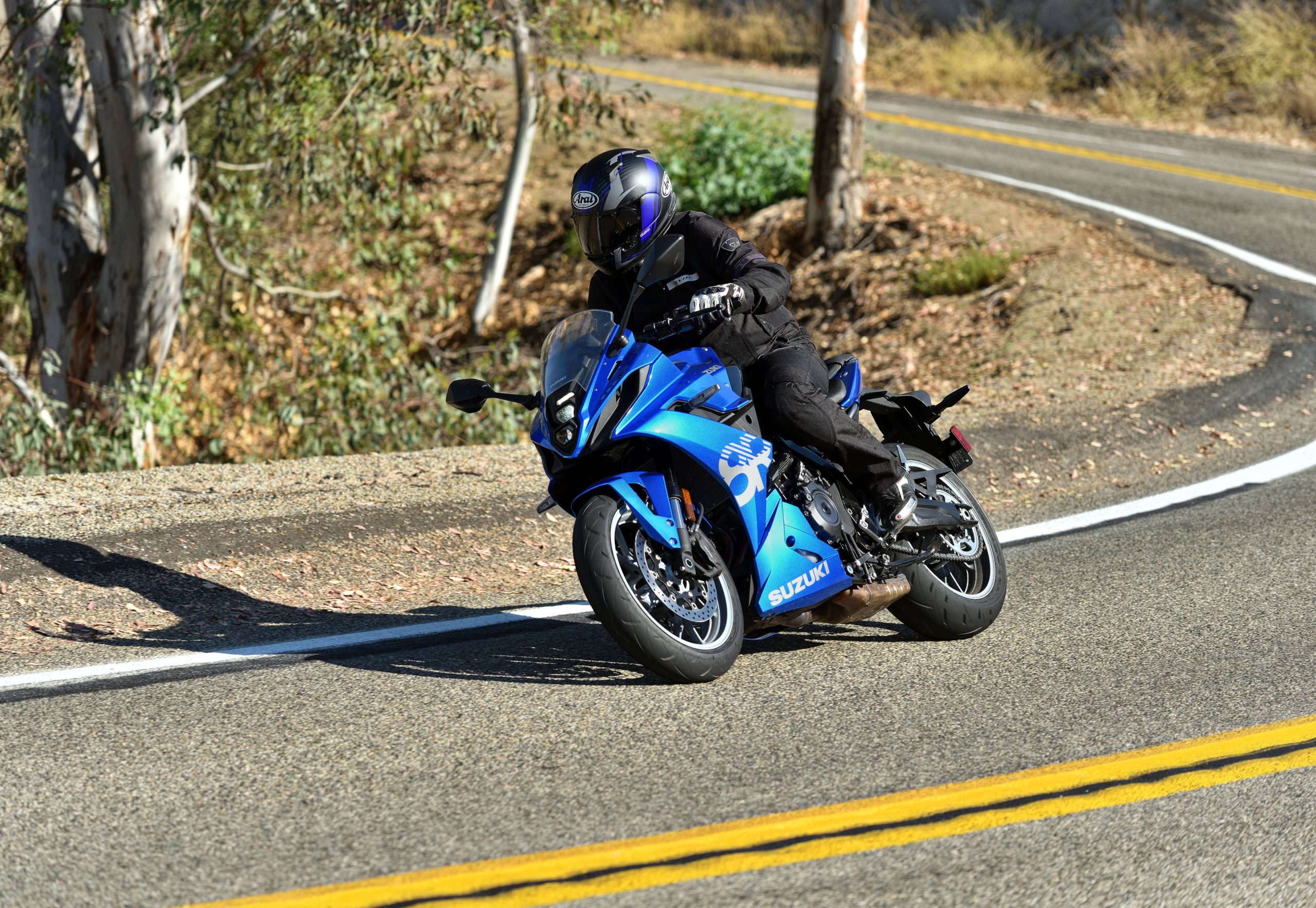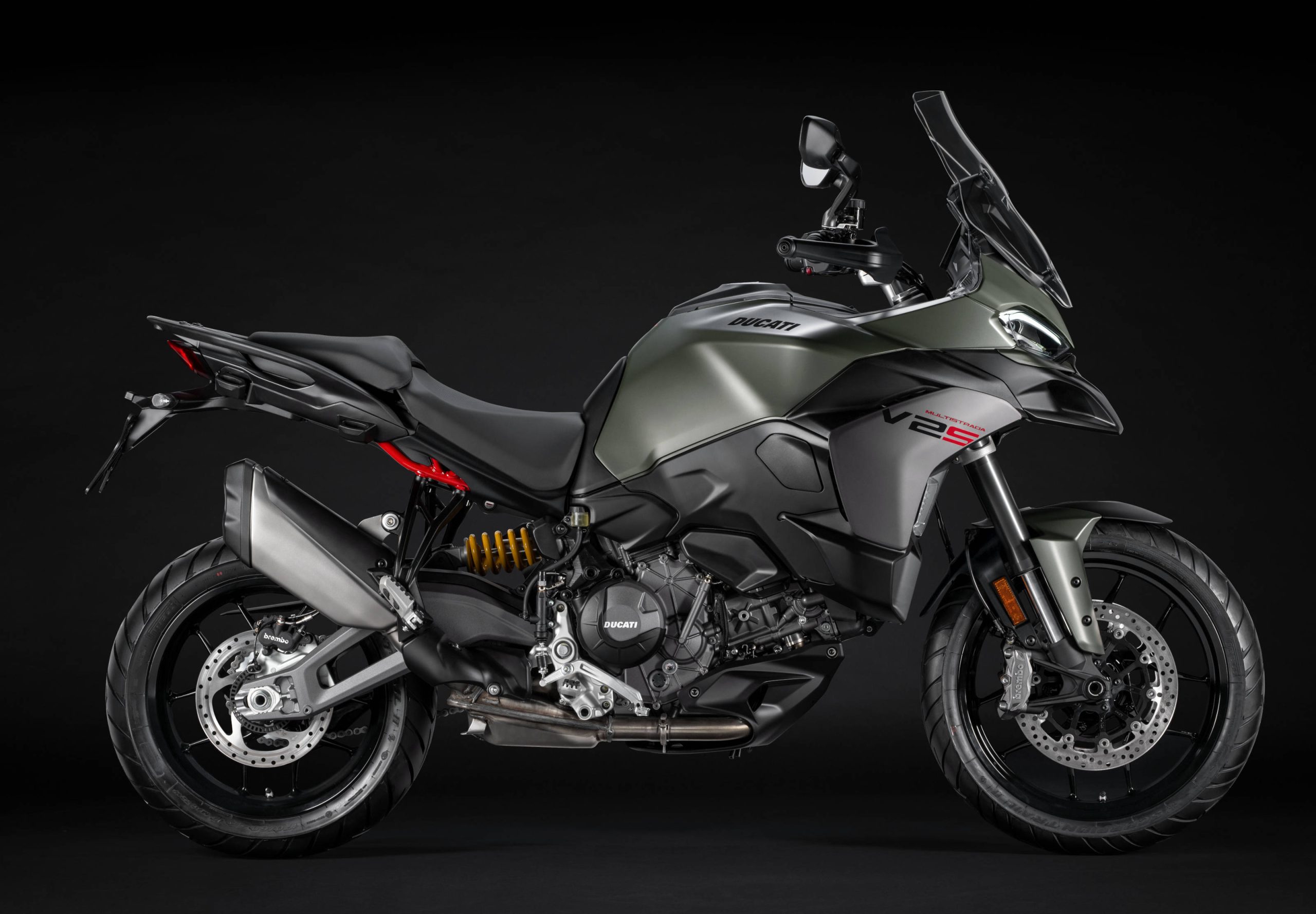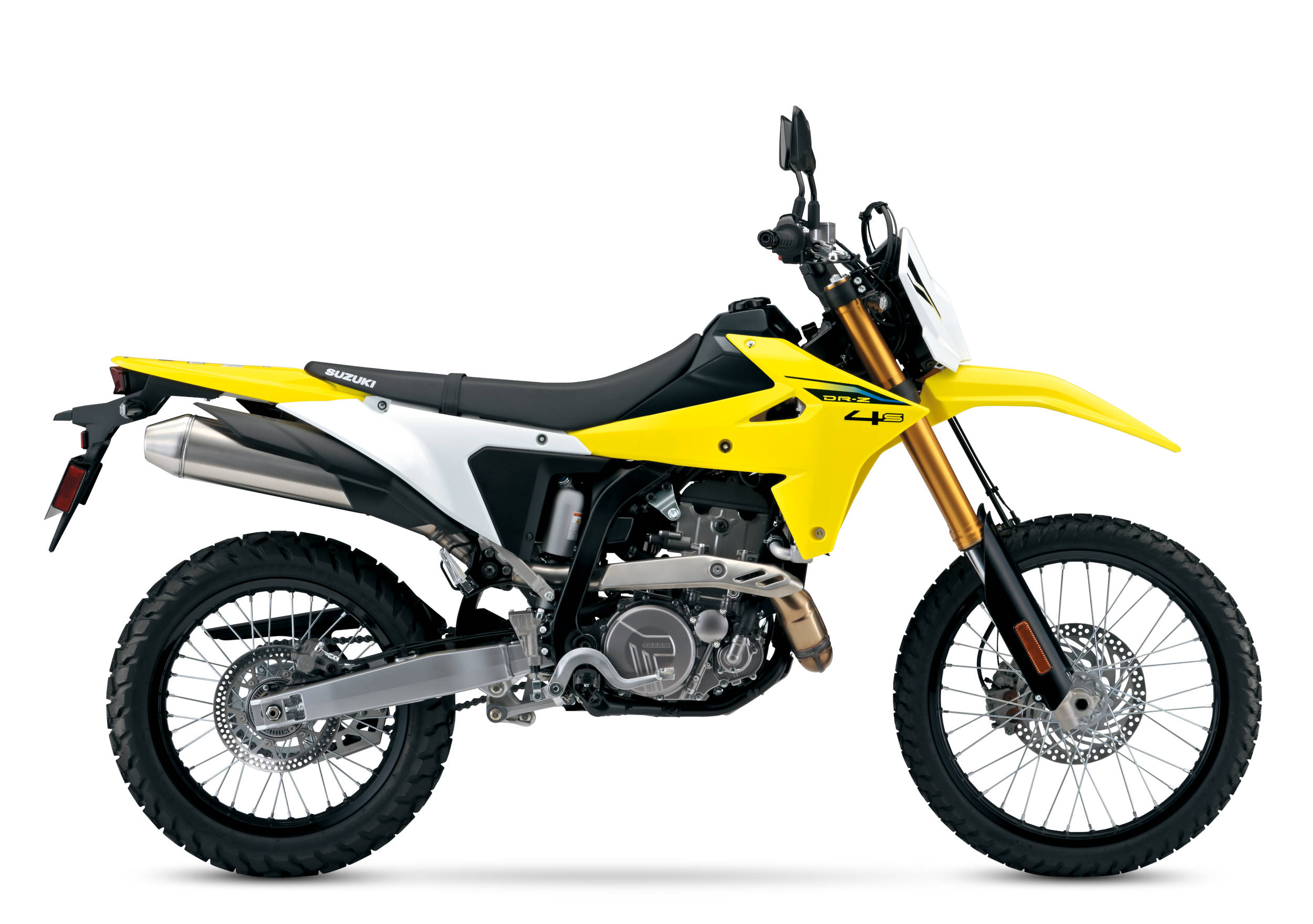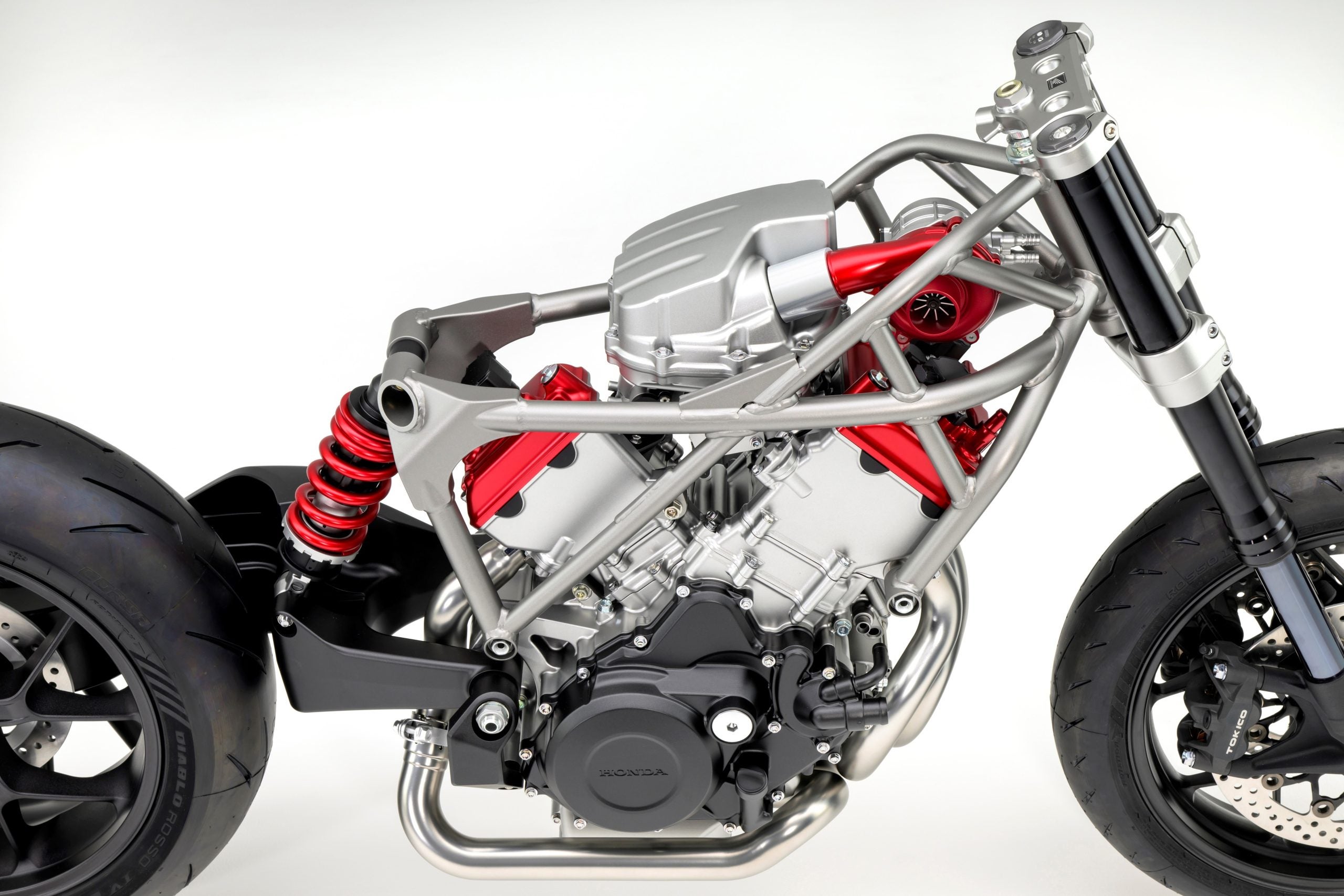When Nicky Hayden clinched the 2006 MotoGP World Championship on Sunday, it brought to a close on of the most exciting and unpredictable seasons in recent memory. From Rossi’s early problems with crashes and machine failures, to Nicky’s incredible two-in-a-row win at the USGP, to Rossi’s late-season charge, Hayden’s clutch problems, the Pedrosa-Hayden incident, and Rossi’s lowside on Lap 4 of the championship-deciding final round – yeah, the title battle was certainly filled with drama, excitement, and surprises.
Judging from that, and from the title of this article, you might be expecting me to launch into a long-winded analysis of the human character, the mental strength, determination, and drive required to challenge the best riders in the world and walk away victorious. Instead, I’m going to remind you of something that many MotoGP fans seem to have forgotten – racing isn’t all about the rider.
Of course, when we’re talking about a series populated by the fastest, most talented motorcycle racers in the world, we have to accept that rider skill is a necessary component for winning the title. But some fans seem to have forgotten that there are many other factors which go into deciding the champion, and even if they are not equally important, they’re still very critical to a winning effort.
For at least part of the 2006 season, both Hayden and Rossi were plagued by mechanical problems – Rossi had three mechanical DNFs, one due to a tire problem (in China), one a motor problem (France) and the other a combined tire and engine problem (at Laguna Seca). Hayden, meanwhile, spent most of the season battling clutch problems on the next-generation RC211V he was developing.
When I looked over the email responses to our article on the Hayden-Pedrosa incident, I noticed that quite a few readers brought up Rossi’s mechanical problems early in the season. These readers felt that the ‘fastest rider’ deserved the championship, and in their opinion, that rider was Valentino. They pointed out that if not for Rossi’s “bad luck”, Nicky would never have lost the points lead due to the incident with Pedrosa, becausehe would never have held it at the time anyway.
Everyone is entitled to their opinion, but I think some fans have a basic misunderstanding of what MotoGP racing is. It seems to me that if the point of the series was merely to find out which rider was the fastest on any given weekend, every rider would be mounted on identical bikes, with identical tires. Furthermore, to take mechanical problems out of the equation, there would be no race at all – just qualifying, maybe four hours of it, to make sure everyone got a fair chance to develop a good setup, pick the right tire, and get their fastest lap in. The winning points would then be awarded to the rider with the fastest time, and so on down the list.
Their IS a race, however, and it’s 30 laps long, and winning it requires a lot more than just sheer rider speed. Determining the race winner goes all the way back to the headquarters of the motorcycle and tire manufacturers, often thousands of miles away from the racetracks, where white-coated engineers slave away in operating-room-like laboratories, refining and developing their competition machines (or so we envision, at least!). From there, yet more responsibility for the win passes to the rider’s support team, who are responsible for preparing and maintaining the bike in order to ensure that their rider has the best possible platform on which to display his riding skill. Further, the crew chief works with the rider to develop a setup (including tire selection), and this is yet another aspect that can make or break a rider’s race.
So in the end, MotoGP (and most other modern racing series, with the possible exception of ‘spec’ racing classes) is testing not only the rider’s ability to ride a motorcycle quickly, but his team’s ability to design and field a fast, reliable, competitive machine, keep it on the field for 30 laps at a time, and to make the proper tactical decisions to most effectively use those 30 laps. This year, in this series, Nicky Hayden and his team did that better or more often than Valentino Rossi’s team. THAT’s what it takes to win a championship, and that is why you’ll see statements in the press from Rossi discussing how deserving Hayden really is of this championship….

